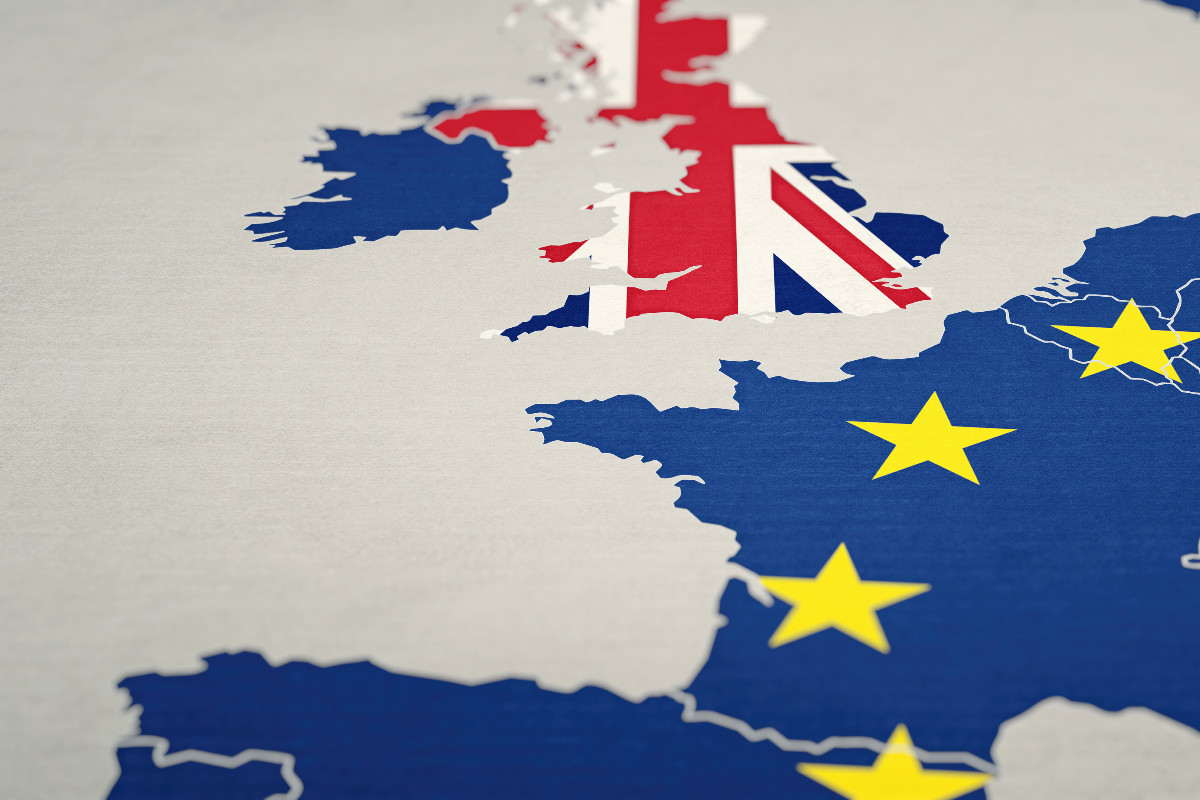The UK and the European Union have agreed to open formal talks on linking their separate Emissions Trading Schemes (ETS), a step that could potentially reduce electricity costs for households and businesses by smoothing price volatility and removing trade friction across the North Sea.
Linking the two carbon markets would eliminate duplicate charges on power flowing through the UK-EU interconnector network and could make Brussels’ Carbon Border Adjustment Mechanism (CBAM) redundant for British electricity and goods exports.
Industry body RenewableUK believes the move would boost investor confidence and accelerate construction of new offshore wind, hydrogen and grid projects, creating thousands of jobs in the clean-energy supply chain.
Ana Musat, RenewableUK’s Executive Director for Policy and Engagement, welcomed the breakthrough, noting, “This is potentially great news for bill payers in the UK and across the rest of Europe, as it could drive down the cost of electricity in the years ahead by stabilising prices and reducing trade friction – including trading in clean electricity generated in the North Sea via interconnectors between countries.
“Crucially, it could remove the need for the EU’s Carbon Border Adjustment Mechanism which is a tax on exports of electricity and goods from the UK and other countries into the EU.
“The UK and the EU share the same ambitions on decarbonisation to tackle climate change while reducing energy bills for consumers, so aligning our Emissions Trading Schemes would be a natural next step towards doing business more efficiently with each other.
“We also welcome the commitments to explore the UK’s participation in the EU’s electricity trading platforms to streamline our markets further, and to maximise co-operation on renewables to create more jobs.
“These measures are especially important at a time when global competition for investment is intense, as they would unlock further confidence in the UK’s market as one of the best destinations for private investment in new clean energy infrastructure.”
The UK’s Department for Energy Security and Net Zero has yet to publish a timetable for when a joint ETS could come into force, or even when discussions with the EU will commence, but officials say talks will begin “as soon as practicable.”

